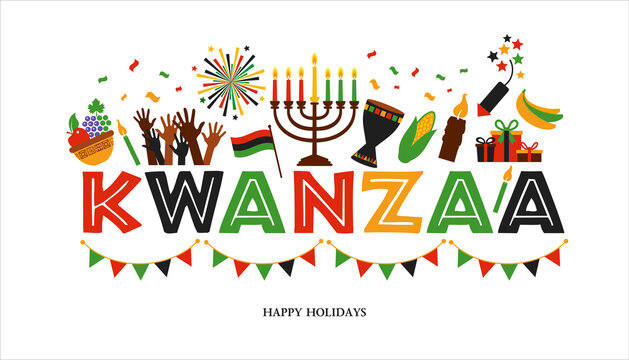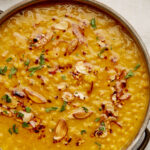<script async src="https://pagead2.googlesyndication.com/pagead/js/adsbygoogle.js?client=ca-pub-6514684778874346"
crossorigin="anonymous"></script>
Kwanzaa is a cultural holiday that celebrates African heritage and African-American culture. It is observed from December 26th to January 1st each year, culminating in a festive gathering known as the Karamu Ya Imani (Feast of Faith). Kwanzaa is a time for reflection, community, and the reaffirmation of cultural values and principles.

What is Kwanzaa 2024?
Kwanzaa is a non-religious and non-commercial holiday that was created in 1966 by Dr. Maulana Karenga, a professor and activist. It is a celebration of African heritage, unity, and cultural identity, providing a meaningful opportunity for African-Americans and others to connect with their roots and express pride in their ancestry.
When is Kwanzaa 2024?
Kwanzaa is observed from December 26th to January 1st each year. It consists of seven days, with each day dedicated to one of the seven core principles known as the Nguzo Saba.
How to Celebrate Kwanzaa 2024?
Celebrating Kwanzaa involves various rituals and customs that revolve around the lighting of seven candles, one for each day of the holiday. Each candle represents one of the Nguzo Saba principles, which are:
- Umoja (Unity): To strive for and maintain unity in the family, community, and nation.
- Kujichagulia (self-determination): To define and name ourselves, as well as create and speak for ourselves.
- Ujima (collective work and responsibility): To build and maintain our community together, making our brothers’ and sisters’ problems our problems and solving them together.
- Ujamaa (Cooperative Economics): To build and maintain our stores, shops, and other businesses, and to profit from them together.
- Nia (purpose): To make our collective vocation the building and developing of our community to restore our people to their traditional greatness.
- Kuumba (creativity): To do always as much as we can in the way we can to leave our community more beautiful and beneficial than we inherited it.
- Imani (faith): To believe with all our hearts in our people, our parents, our teachers, our leaders, and the righteousness and victory of our struggle.
Here are some ways to celebrate Kwanzaa:
- Light the Kinara: Each day, light a candle on the Kinara (candleholder) and discuss the corresponding principle.
- Decorate with Symbols: Decorate your home with African-inspired decor, colors, and symbols such as the Bendera (flag) and Mazao (crops).
- Gift-Giving: Exchange meaningful gifts, especially those that promote African culture and heritage.
- Prepare Traditional Foods: Enjoy traditional African and African-American dishes during the Karamu Ya Imani feast.
- Drumming and Dance: Engage in traditional African music, drumming, and dance to celebrate the spirit of Kwanzaa.
History of Kwanzaa
Kwanzaa was created in 1966 by Dr. Maulana Karenga, a professor of Africana Studies, as a way to promote African-American cultural unity and heritage. The name “Kwanzaa” is derived from the Swahili phrase “matunda ya kwanza,” which means “first fruits of the harvest.” The holiday was designed to be a week-long celebration that incorporates African traditions and values.
Over the years, Kwanzaa has grown in popularity and is celebrated by millions of people worldwide as a time to honor African culture and reflect on the principles of unity, self-determination, and community.
Relevant Hashtags
When sharing your Kwanzaa celebrations and connecting with others who observe the holiday, consider using these relevant hashtags:




